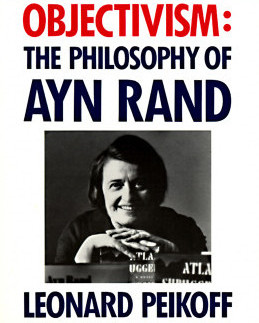An excerpt from chapter 5 on Reason from Objectivism: The Philosophy of Ayn Rand by Leonard Peikoff.
Ayn Rand defines “knowledge’ as “a mental grasp of a fact(s) of reality, reached either by perceptual observation or by a process of reason based on perceptual observation.” This definition, which the discussion so far has validated, can serve as a summary of the Objectivist epistemology. It also indicates our rejection of two widespread viewpoints. Contrary to skepticism, the definition affirms that man can “grasp reality.” Contrary to mysticism, it affirms that such grasp is achieved only by observation and/or reason.
Mysticism is the theory that man has a means of knowledge other than sense perception or reason, such as revelation, faith, intuition, and the like. As we have seen, this theory reduces to emotionalism. It amounts to the view that men should rely for cognitive guidance not on the volitional faculty of thought, but on an automatic mental function, feeling.
Philosophically, mysticism is an expression of intrinsicism; it is the only way to implement the latter. Intrinsicism defines no method of acquiring conceptual knowledge. Such knowledge, it holds, is gained automatically, by passive exposure to revelations of some sort, a process that results in one’s “just knowing.” This last is the mystical idea of cognition. In fact, however, since there are no revelations to absorb, the advocate of passivity ends up …
Read the rest in Objectivism: The Philosophy of Ayn Rand.
